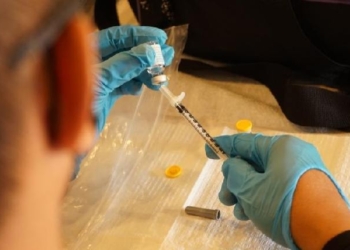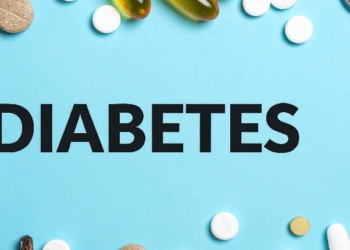London: Nasal cells of young and elderly people respond to the Covid virus differently and a new study on Monday explained why kids experience milder symptoms than adults.
The research by researchers at University College London (UCL) and the Wellcome Sanger Institute in the UK focused on early effects of SARS-CoV-2 infection on the cells first targeted by the viruses.
The study, published in the journal Nature Microbiology, found that after three days, the nasal epithelial cells (NECs) of children responded quickly to the Covid virus by increasing interferon (the body’s first line of antiviral defence), thus restricting viral replication.
However, this early anti-viral effect became less pronounced with age, the study found.
The researchers also found that NECs from elderly individuals not only produced more infectious virus particles but also experienced increased cell shedding and damage.
“Our research reveals how the type of cells we have in our nose changes with age, and how this affects our ability to combat SARS-CoV-2 infection,” said Dr Claire Smith, Associate Professor at UCL.
According to the study, kids infected with SARS-CoV-2 rarely progress to respiratory failure, but the risk of mortality in infected people over the age of 85 remains high, despite vaccination and improving treatment options.
This could be crucial in developing effective anti-viral treatments tailored to different age groups, especially for the elderly who are at higher risk of severe Covid-19.
(IANS)

















